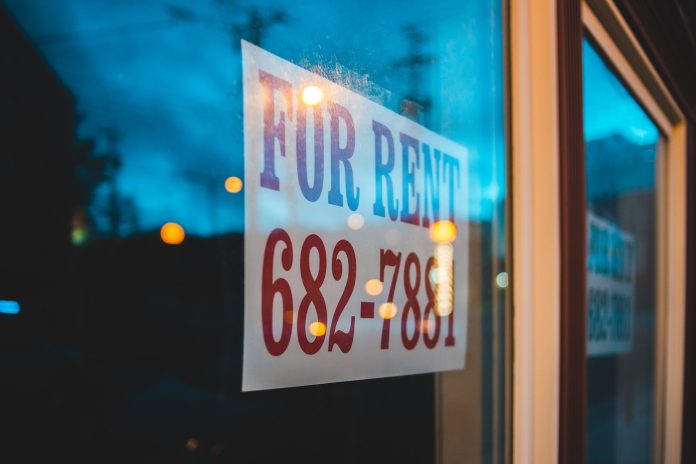If you’re looking to earn money by letting out your property, then you’ll have a number of legal obligations to abide by. Fail to stay on the right side of the law, and you could be faced with hefty fines, and even prison time. As such, it’s a good idea to be aware of those responsibilities, and to fulfil them.
What are the laws surrounding landlords?
There are two major pieces of legislation to be concerned with. The first is the Landlords and Tenants Act 1985, which, among other things, grants tenants the right to know who their landlord is, and to enjoy habitable living space. Specifically, section 10 cites mould, vermin and gas safety as special concerns.
The Housing Act 2004 provides something called the Housing Health and Safety Rating System (HHSRS). Landlords must assess properties for hazards, and repair them before the property is let. If there’s a problem later, and this duty hasn’t been adequately fulfilled, then the legal consequences can be severe.
What responsibilities do landlords have?
The Landlords and Tenants Act puts the onus on the tenant to carry out basic day-to-day maintenance, but the landlord to ensure that the property is habitable. If the boiler breaks down and the property becomes freezing cold, then it’s the job of the landlord to have it fixed. The same goes for installing new radiators in the property in place of faulty ones.
Health and Safety
The property should be safe for the occupants. This means that it should be structurally sound, free from damp and mould, and protected against fire. This means a smoke alarm that’s interconnected, on every floor. In most cases, damp and mould is an issue that will come back if the root cause isn’t dealt with. In the long-term, it’s a good idea to secure the goodwill and cooperation of the tenants, since dealing with mould can take multiple visits – and it’s best to be proactive.
Financial responsibilities
You’ll need to pay tax on the properties you’re renting out. You’ll get a tax-free allowance of £1,000, meaning that for the first thousand you earn, you don’t need to pay anything. If you’re earning between £1,000 and £2,500, you’ll need to declare it. If you’re going to be earning more than that, then you’ll need to report it on your Self Assessment tax return. You’ll also need to pay Class 2 National Insurance if your profits run in excess of £11,908.
It’s a good idea to factor these expenses into your plans early on, rather than being surprised by them later.
What are the penalties?
So, what happens when you fail to live up to your legal responsibilities? The likeliest outcome is probably a civil dispute between you and the tenant you’ve wronged. This could result in a compensation payout that’s proportionate to the damage suffered. You might even find that your license to operate is revoked.
If you fail to pay the tax you owe, then you could find yourself faced with criminal charges, which could result in jail time or a very large fine. If you’re worried about this, or you want to make sure that you’re on the right side of the law, then it might be worth getting an accountant – or a specialised property lawyer – onside.

